Iran has no plans to hold talks with the Biden administration and is waiting for the new US president to take the first step to lift sanctions and return the US to the 2015 multinational nuclear agreement, also known as the Joint Comprehensive Plan of Action (JCPOA), Tehran's UN ambassador Majid Takht-Ravanchi told NBC News on Monday.
In his first interview since President Joe Biden was sworn in last week, Takht-Ravanchi dismissed any direct talks between Iran and the US, saying Tehran has not spoken to the new US administration.
"No, there has not been any conversation between Iran and the US after Biden came into office."
Asked if there were plans to open up a direct dialogue with Washington or indirect communication through an intermediary, perhaps via the Swiss government, Ravanchi said, "We are not planning to initiate anything."
The Swiss foreign ministry handles any official US communication with Iran because Washington has no embassy in Tehran and no formal diplomatic relations with Iran.
Echoing similar statements from Iran's foreign minister, Mohammad Javad Zarif, the Iranian diplomat said Tehran was not prepared to take any steps until the US returned to the nuclear agreement it left in 2018.
In the meantime, Iran was in no rush, Ravanchi said.
"It's up to the US to decide what course of action to take. We're not in a hurry," he said.
The JCPOA was inked in 2015 between Tehran and six major world states — the US, France, Britain, Germany, China and Russia — and was later endorsed by UN Security Council Resolution 2231.
After abandoning the deal, Washington re-imposed the anti-Iran sanctions lifted by the accord and launched a push to fully destroy the agreement by trying to dissuade the remaining signatories from staying in the agreement and threatening sanctions against any party that refuses to cut business ties with Tehran in defiance of American sanctions.
Washington’s pressure successfully blocked the European co-signatories from fulfilling their contractual obligations, a situation that prompted Tehran to retaliate and suspend parts of its own commitments under Article 36 of the deal, formally named the Joint Comprehensive Plan of Action (JCPOA).
As a candidate, Biden claimed he would have the United States return to the agreement if Iran met its obligations under the deal.
Citing Biden's statements, Ravanchi said Iran wanted to see the new president make good on his promises and if he did, Tehran would be ready to once again abide by the terms of the accord.
"The ball is in the US court," Ravanchi said.
"It is totally up to the new administration. So as soon as they implement their obligations, Iran has said on numerous occasions that Iran will return to the full implementation of its undertakings."
RHM/PR


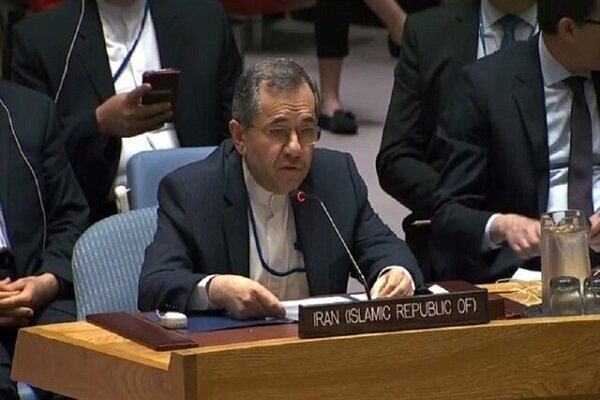




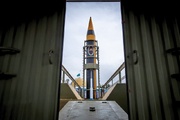
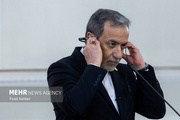

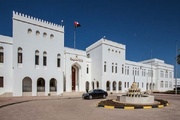
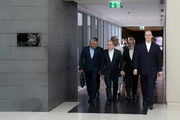
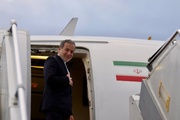
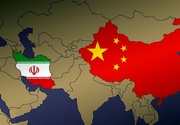









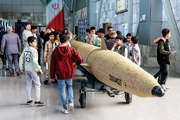
Your Comment